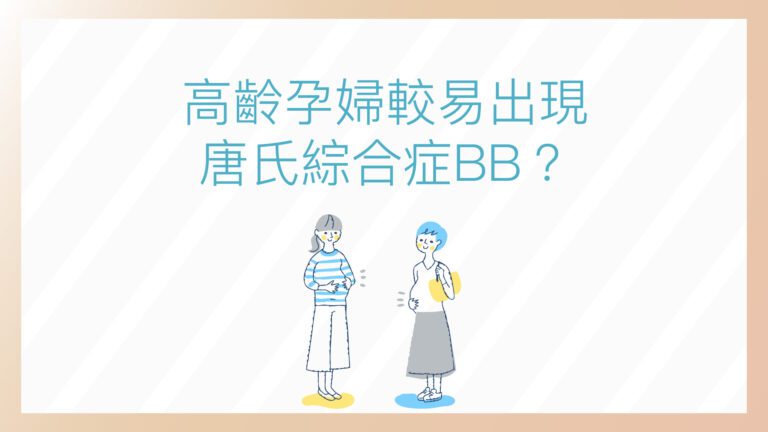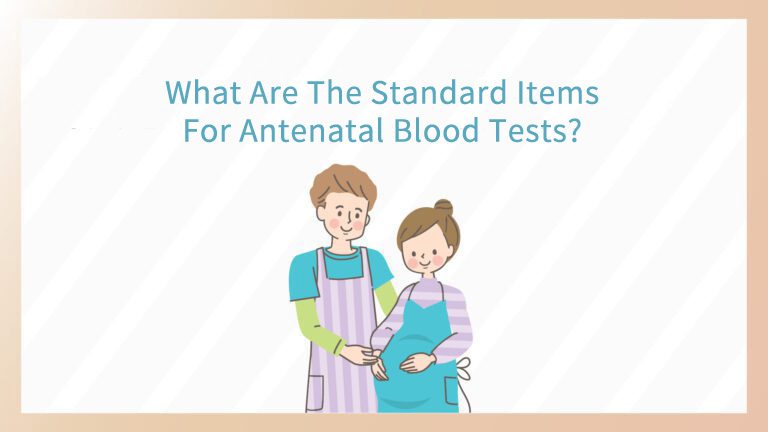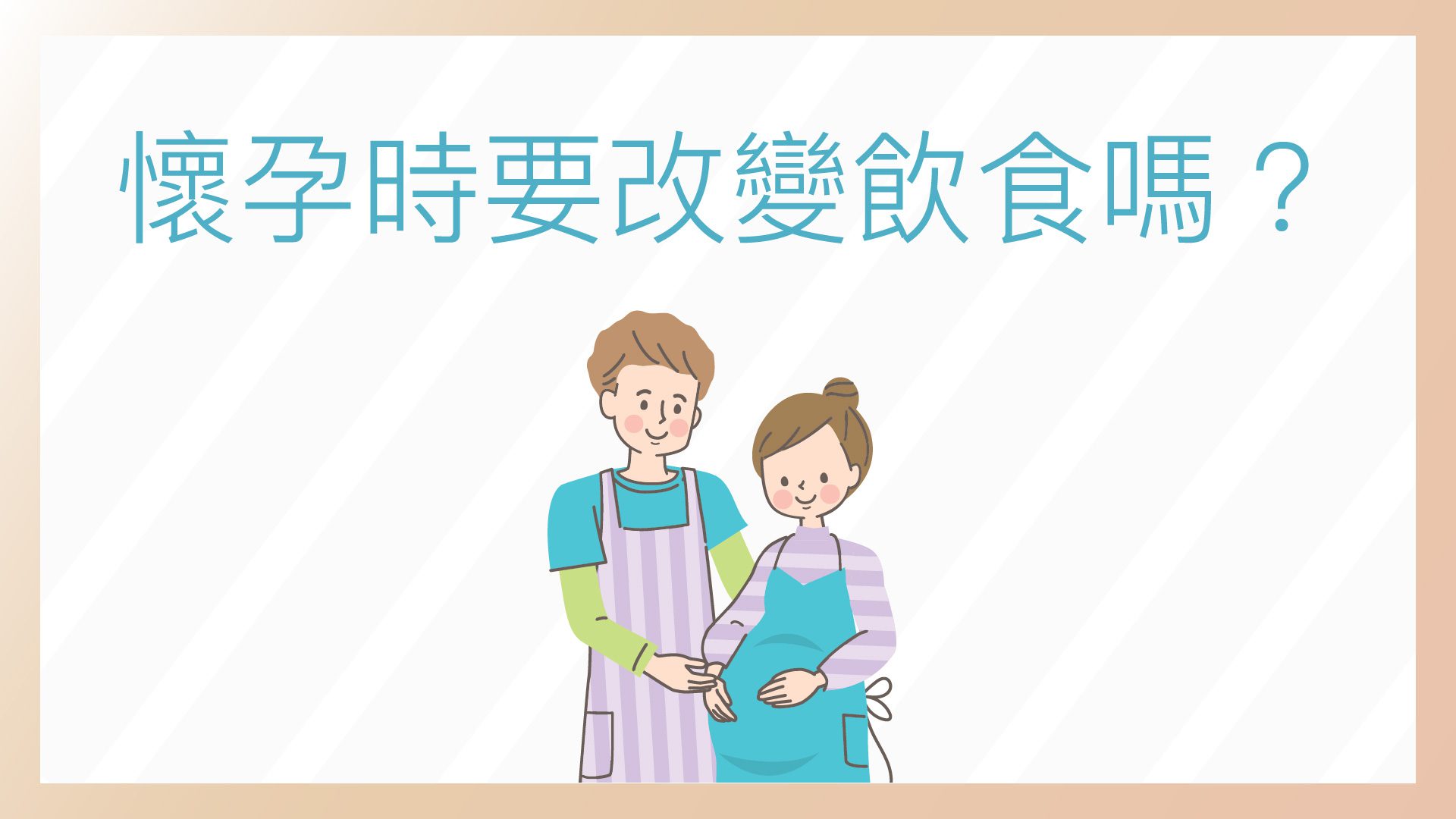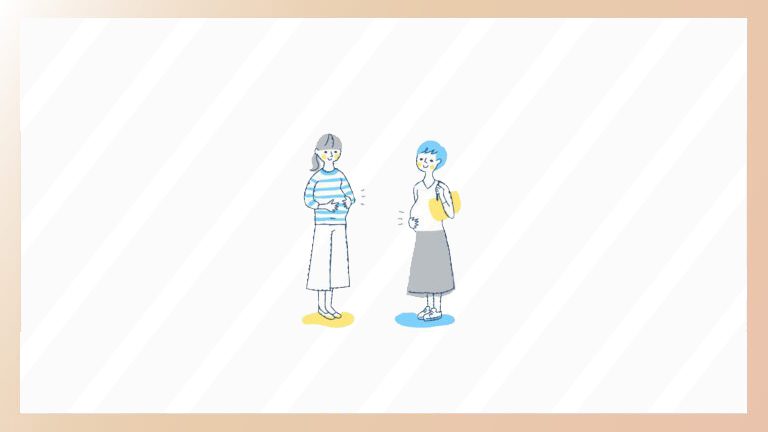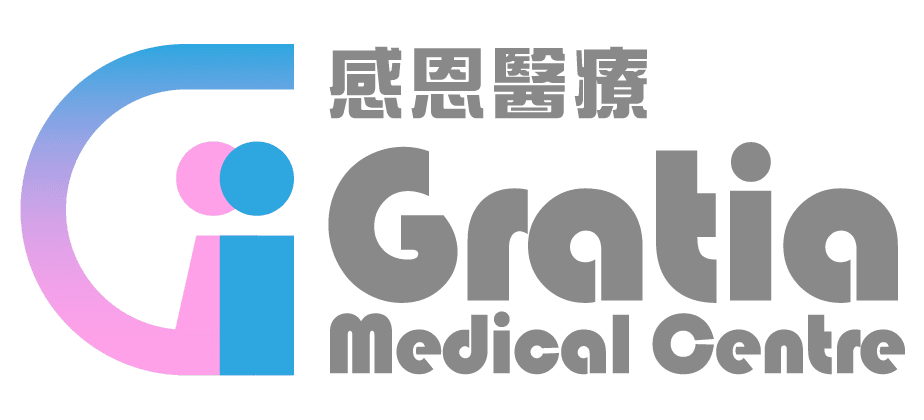What is Down Syndrome?
Down Syndrome is one of the commonest chromosome disorders, caused by the presence of an extra chromosome 21 (Trisomy 21) in each cell. Affected individuals are characterized by distinctive facial features and mental retardation. There may also be other structural defects, such as congenital heart diseases. Individuals with Down Syndrome usually can live to adulthood. Some may perform simple work with training, but long-term care is usually required.
The relationship between a mother’s age and the risk of having a Down Syndrome baby
About 1 in 700 newborn babies have Down Syndrome. It occurs mostly by chance and is seldom inherited from parents. Carrying a Down Syndrome baby is not confined to women who are older than 35 years of age. Rather, a woman of any age has a chance of having an affected baby. However, the older the woman, the higher the probability that her baby is affected.
| Maternal age at childbirth | Chance of baby with Down Syndrome |
| 20 | 1 in 1500 |
| 25 | 1 in 1300 |
| 30 | 1 in 900 |
| 35 | 1 in 350 |
| 40 | 1 in 100 |
| 45 | 1 in 25 |
Antenatal diagnosis of Down Syndrome
Accurate diagnosis of Down Syndrome can be made before birth by sampling either the placental tissues (chorionic villous sampling) or the amniotic fluid (amniocentesis) to count the number of chromosomes. Both procedures are very safe in general, although they still carry a small miscarriage rate of 0.5–1% even under experienced hands. As a result, these invasive tests are usually offered to mothers with increased risks of having babies with chromosomal abnormalities, i.e. mothers aged 35 or above. However, this policy can only pick up 30% of all Down babies and some young mothers may occasionally give birth to Down babies because they have not been tested.
Down Syndrome Screening
With the development of non-invasive tests, all expectant mothers can now undergo Down Syndrome screening. These screening tests are more accurate in estimating the chance of a mother carrying a Down baby than that derived from the mother’s age alone. There are screening tests that can be done in the first trimester and in the second trimester of pregnancy. However, most mothers prefer first trimester screening tests because in addition to having a higher accuracy, pregnant women will also have plenty of time to consider and choose the most appropriate option should the test result be positive.
First trimester screening tests
-
The OSCAR test
The One Stop Clinic for Assessment of Risk (OSCAR) test is a screening test for Down Syndrome (Trisomy 21), Edwards Syndrome (Trisomy 18) and Patau Syndrome (Trisomy 13). The screening test is performed between 11–14 weeks of pregnancy. It involves an ultrasound examination to measure the baby’s size and the nuchal translucency (thickness of the baby’s neck-fold), and blood tests from the mother to measure the levels of Pregnancy Associated Plasma Protein-A (PAPP-A) and human Chorionic Gonadotropin (hCG). These data, together with the mother’s age, can be used to estimate the risk of the mother carrying a baby with Down Syndrome, Edwards Syndrome or Patau Syndrome. The detection rate is up to 90%, with a 5% false positive rate for Down Syndrome.
-
The Non-invasive Prenatal Test (NIPT)
The non-invasive prenatal test (NIPT) analyzes the DNA that comes from the placental cells and are circulating in the mother’s blood. The DNA in the placental cells is usually identical to the DNA of the baby. Genetic information from the baby can be obtained by analyzing the DNA from the placenta. The NIPT can be done from 10 weeks onwards by taking a blood sample from the mother. It can screen for Down Syndrome, Edwards Syndrome, Patau Syndrome, and extra or missing copies of the X or Y chromosomes (the sex chromosomes) such as Turner Syndrome (45X, with a missing X chromosome). It can also screen for additional chromosomal disorders that are caused by missing sections of a chromosome called microdeletions. It has a higher detection rate of >99% and a lower false positive rate of around 0.1% as compared to the OSCAR test for Down Syndrome. Therefore, it has become the more preferred screening test nowadays. There are several brands of NIPT presently available in the market, e.g., safeT21express, Panorama, NIFTY, Verifi, Harmony and Prenetics.
Second trimester screening tests
-
The Second Trimester Serum Screening Test
If the mother is pregnant for more than 14 weeks, she can consider the second trimester serum screening test at 16 to 20 weeks. The test involves talking a blood sample from the mother to measure alpha-fetoprotein (AFP), human Chorionic Gonadotrophin (hCG), estriol (E3) and inhibin-A levels. This test detects around 80% of babies with Down Syndrome.
-
The Non-invasive Prenatal Test (NIPT)
The NIPT can be done from 10 weeks onwards with no upper limit, and hence it is also an option for mothers who have missed the first trimester screening.
What does it mean if the screening shows ‘high risk’?
A “high risk” or “positive” screening result does not mean that the baby is necessarily affected by Down Syndrome. It merely indicates that further confirmatory tests need to be considered. The options include chorionic villous sampling (to be performed between 11–14 weeks of pregnancy) or amniocentesis (to be performed between 16 – 20 weeks of pregnancy). These tests help to confirm or refute the diagnosis of Down Syndrome. These tests involve introducing a needle under ultrasound guidance into the uterus to draw either placental tissues or amniotic fluid for chromosome study. These are invasive tests and may increase the risk of miscarriage by 0.5–1%.
What does it mean if the test result shows ‘low risk’?
A “low risk” or “negative” screening result means the chance of the mother carrying a Down baby is low. If the mother accepts such a low risk, there is no need for invasive prenatal diagnosis procedure, such as chorionic villous sampling or amniocentesis. However, it is also important to point out that “low risk” results from any of these screening tests are not diagnostic and do not completely exclude the possibility of having a baby with Down Syndrome or other chromosomal abnormalities.
What will happen if the baby is confirmed to have Down Syndrome?
There is unfortunately no treatment for Down Syndrome. Couple who decide to continue with the pregnancy can get support from doctors, hospitals and other organizations so that they can be better prepared for the birth of a child with the condition. With specialist care and education as well as support from community services, children with Down Syndrome can live semi-independently. If the pregnancy is not more than 24 weeks of duration, the couple may also seek advice from their doctor about the possibility of terminating the pregnancy under the laws in Hong Kong.
